The race for artificial intelligence (AI) is no longer a sprint but a global geopolitical arms race. What was once an open and academic field is now a brutal, secretive and extremely expensive game.
In that context, Mark Cuban's statement was like a time bomb, forcing the entire technology world to reconsider its strategy.
The Trillion Dollar AI Race
The world is witnessing an unprecedented wave of spending from tech giants. They are not only getting into the AI game, they are betting their future on it.
The four giants Microsoft, Alphabet (Google’s parent company), Amazon and Meta have committed to spending a staggering $320 billion on AI infrastructure this year alone. To put that in perspective, that’s more than the GDP of many countries. Much of this massive investment is going into building super data centers and upgrading the processing power for next-generation AI models.
The reason behind it is simple. In the AI world, power is measured by the number of chips and the amount of data. Whoever has more is more powerful.
Microsoft, with its strategic partnership with OpenAI, has already had the "key" to access the most advanced language models. Not stopping there, they announced plans to spend $80 billion this year to build data centers to serve AI training and deployment on the Azure cloud platform.
Google is not to be outdone, having poured some $75 billion into AI and just announced plans to spend another $25 billion to expand its data center network. Their trump card is the 7th generation TPU (Tensor Processing Unit) chip, which is specifically designed to handle deeper and more complex neural networks.
Amazon Web Services (AWS) also developed its own chips called Trainium and Inferentia, to optimize costs and performance for businesses deploying AI on its platform.
This fever has turned Nvidia into an empire. From a graphics card manufacturer, Nvidia has become the ultimate weapon supplier in the AI war, with a market capitalization exceeding $4,000 billion, a number unimaginable just a few years ago.
Big tech corporations are racing to become the leader in AI, pouring tens of billions of dollars into infrastructure and offering huge compensation packages to win over talent (Photo: FT).
If hardware is the "muscle", then talent is the "brain" of AI. And the battle for the best brains is taking place at an unprecedented speed and intensity.
Compensation and benefits packages have gone far beyond the norm. According to reputable sources, top AI experts at Meta can receive compensation packages of up to $300 million over four years, with first-year earnings exceeding $100 million. One notable example is Ruoming Pang, a former Apple executive who reportedly joined Meta’s “Super Intelligence” team with a $200 million contract.
The average salaries are also sky-high. An AI researcher at Microsoft can earn around $431,000 a year, while some research scientists at Nvidia earn more than $600,000 a year. That’s many times more than the salary of a senior software engineer – one of the highest-paid jobs in Silicon Valley.
Companies are spending huge sums of money to recruit talent from their competitors, shaking up the entire technology labor market. This is no longer recruitment, this is a true "talent robbery".
Mark Cuban's "Truth Bomb": IP is King
While investors are intoxicated with growth numbers and companies are busy "burning money", billionaire investor Mark Cuban, with the acumen of a man always ahead of his time, has issued a short but weighty warning like a new law.
On social network X, he declared: “IP is king in an AI world” - IP is king in the AI world. These 8 words are not just an opinion but a prophecy about the next phase in the AI war.
Cuban elaborated: “I think what a lot of people don’t see is that no company that’s going to spend over $1 trillion is going to sit on the sidelines. They’re going to do whatever it takes to dominate. I don’t know what they’re going to do, but I think it’s going to get pretty intense.”
Spending hundreds of billions of dollars on hardware and talent is just the beginning, he says. The next phase will see the giants spend even more money to lock down the intellectual property (IP) they consider core. The era of walls, moats, and closed ecosystems is coming. The goal is not just to win, but to monopolize.
Cuban's warning sounds the death knell for the "publish or perish" culture that has dominated academia and tech research for decades.
“The days of ‘publish or disappear’ are probably over,” Cuban said. “Now it’s ‘publish more, lose more’ because the platform models will instantly swallow everything you share.”
Any research, code, or dataset that is made public can be immediately “absorbed” by rival AI models, eroding the creator’s competitive advantage. So Mark Cuban’s advice to AI innovators, researchers, and engineers is equally chilling: “Encrypt your work, keep your code in a private repository, or put it behind a paywall.”
This change in thinking is revolutionary. The openness and sharing of knowledge that was once the driving force behind AI development could now become its fatal weakness.
Billionaire investor Mark Cuban believes that in the increasingly fierce AI race, the company that controls talent and intellectual property will win (Photo: Getty).
A guide for investors in the new era
This strategic shift has profound consequences for the stock market and investors. The pressure to generate returns on these huge investments is growing. If they cannot be successfully commercialized, today’s impressive spending figures will become huge “red marks” on the books tomorrow.
Through the lens of Mark Cuban, the AI investment map becomes clearer:
Look for “IP fortresses”: Instead of just looking at the biggest spenders, look for companies with strong patent portfolios, unique datasets that can’t be copied, and rare strategic partnerships. Nvidia is a prime example of this strategy working.
Investing in “weapons” and “infrastructure”: Companies that provide the tools and platforms for the AI race, like Nvidia (chips), and major cloud service providers, will continue to benefit regardless of who ultimately wins the model wars.
Diversify to reduce risk: If you don’t want to bet all on one “horse,” AI-focused ETFs are a smart choice. They offer a diversified basket of stocks, which helps reduce the risk of a particular company falling short in the race.
Ultimately, Mark Cuban’s message is a stark warning. The AI war has entered a new phase, more brutal and unforgiving. In this trillion-dollar game, victory will not belong to the person with the smartest algorithm, but to the person who owns the “keys” to the kingdom: intellectual property.
“Times are changing” and those who fail to adapt will be left behind.
Source: https://dantri.com.vn/kinh-doanh/8-tu-cua-ty-phu-mark-cuban-khien-gioi-ai-chao-dao-20250723215606456.htm






![[Photo] Da Nang: Water gradually recedes, local authorities take advantage of the cleanup](https://vphoto.vietnam.vn/thumb/1200x675/vietnam/resource/IMAGE/2025/10/31/1761897188943_ndo_tr_2-jpg.webp)


![[Photo] Prime Minister Pham Minh Chinh attends the 5th National Press Awards Ceremony on preventing and combating corruption, waste and negativity](https://vphoto.vietnam.vn/thumb/1200x675/vietnam/resource/IMAGE/2025/10/31/1761881588160_dsc-8359-jpg.webp)
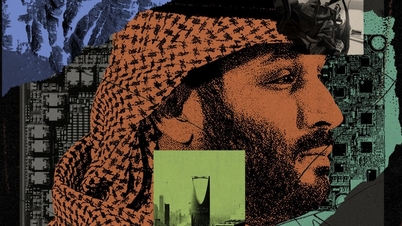
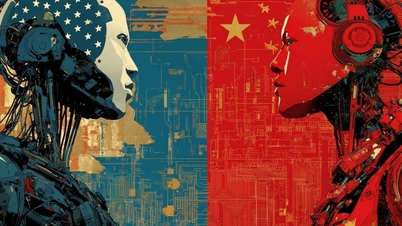


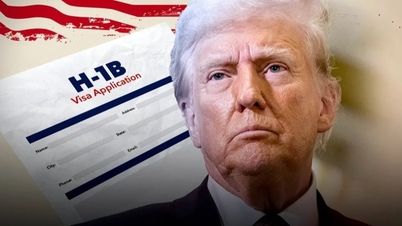
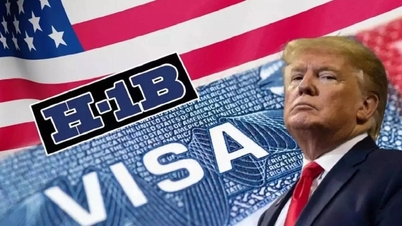
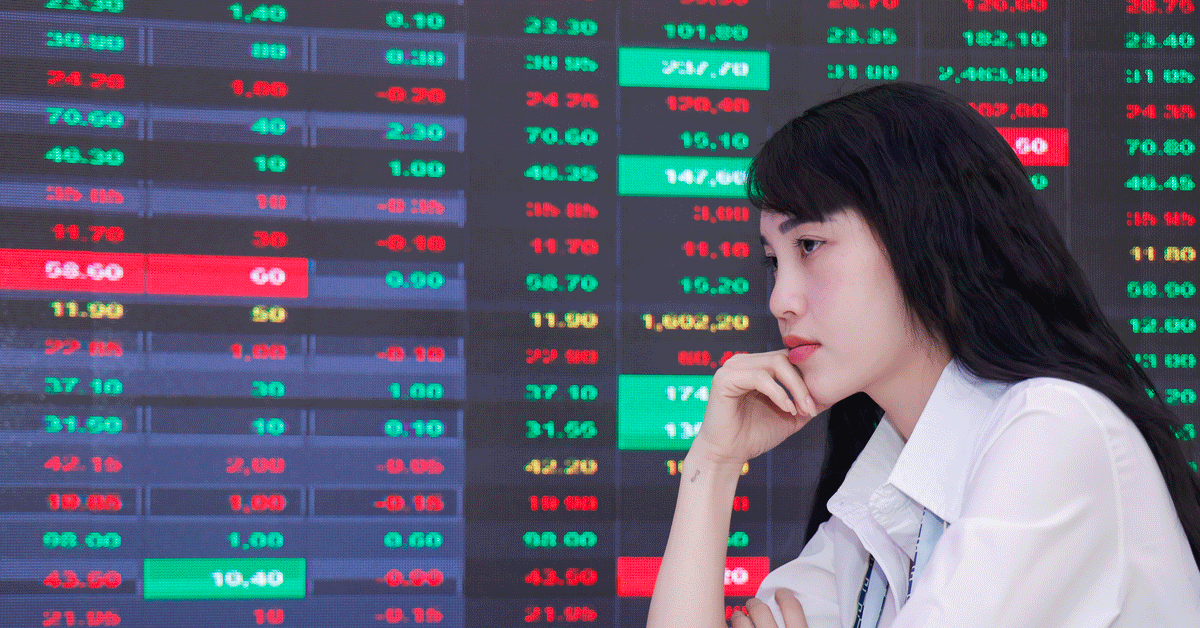

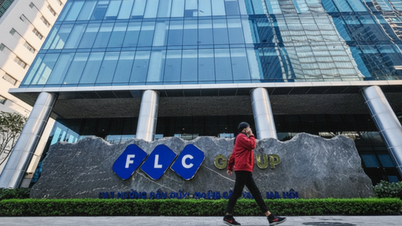

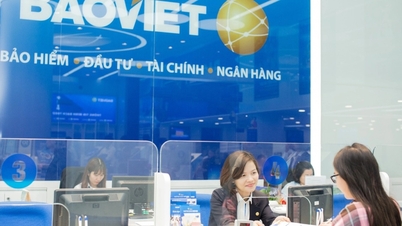

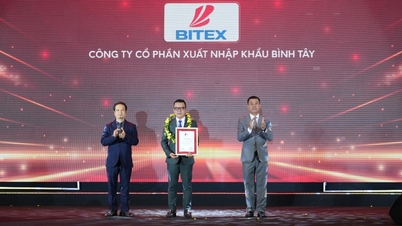







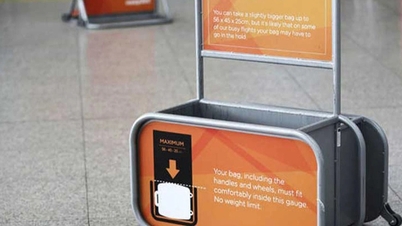
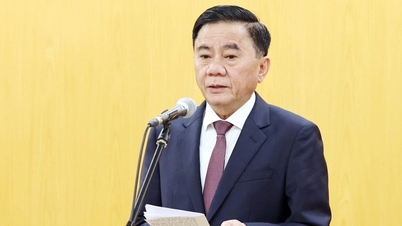


































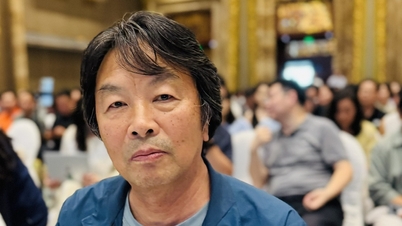

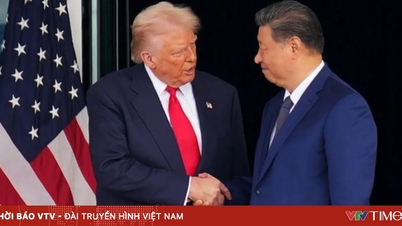


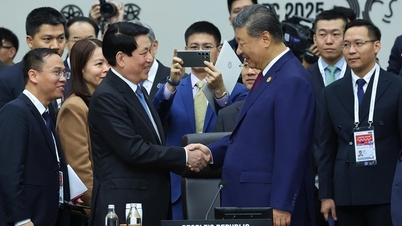

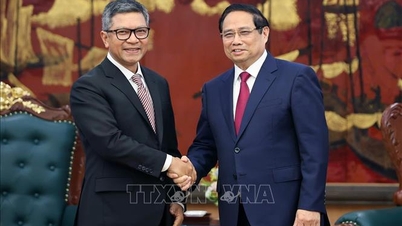






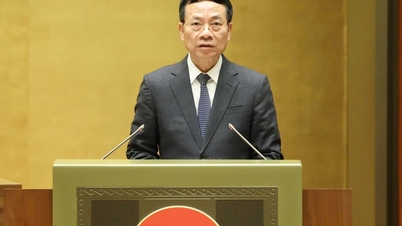

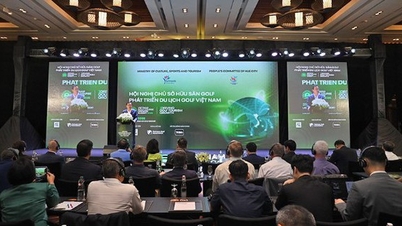




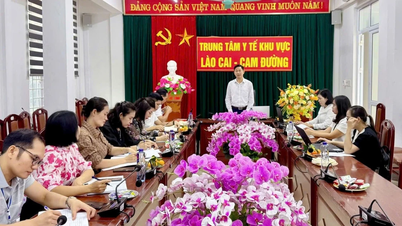


















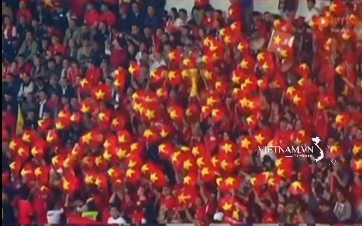

Comment (0)